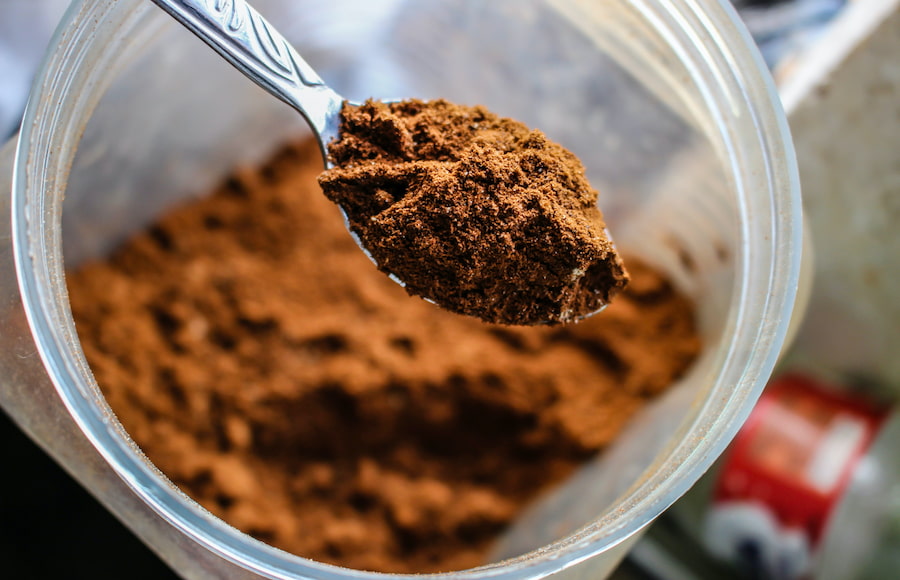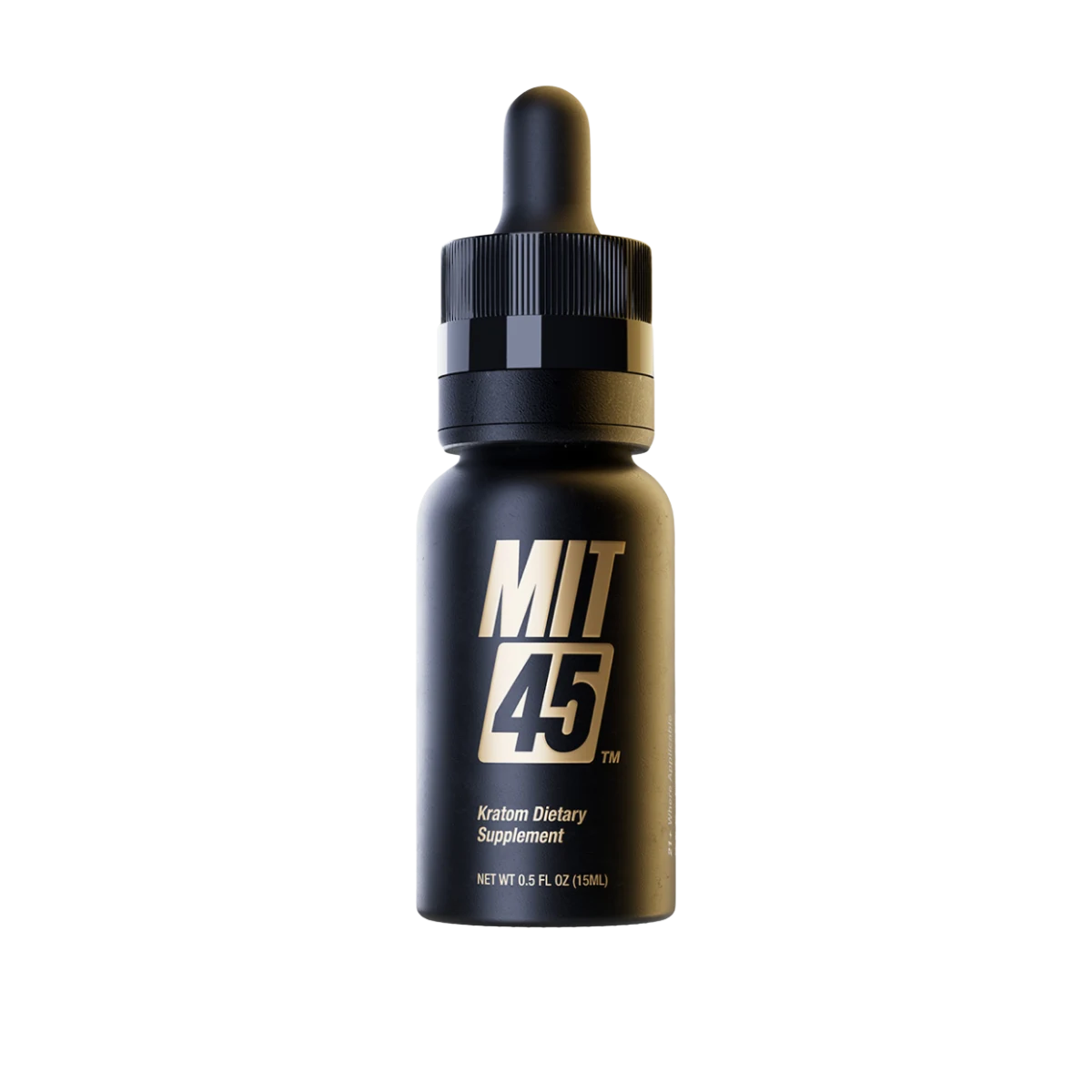It may seem like everyone around you swears by protein powder, but why? From occasional users to devoted athletes, protein powder can help boost different aspects of health and may be a great supplement for the unique season of life you’re in.
Keep reading to find out how to get the most out of your protein powder including uses, pros, and cons to help decide if protein powder is right for you! Plus, find out how to choose the best type of protein powder for your health goals.
Why Does the Body Need Protein?
Before discussing protein powder, it’s important to understand why protein is even important in the first place. Protein is one of the main macronutrients, along with carbohydrates and fats. As you probably already learned in your high school biology class, proteins really are the structural building blocks of life, and amino acids are the building blocks of proteins.
Meeting your recommended protein intake each day is crucial to keeping many body processes running smoothly. For example, protein is key for the following:
- Building muscles and bones
- Immune system function (especially recovery and repair)
- Promoting a feeling of fullness in the body after eating
- Transport proteins (move substances across membranes )
In particular, your body needs essential amino acids (EAAs)— special components of protein that can’t be manufactured by the body, so they must be obtained from food. Foods that contain all nine essential acids are called complete proteins.
However, it can be difficult for some people to eat the amount of vitamins and minerals they need each day. That’s where protein powder comes in.
What is Protein Powder Made Of?
As its name suggests, the primary ingredient in protein powder is protein. Many products also have added amino acids, herbs, and nutrients.
In general, protein powders are designed to help you “fill in the gaps” regarding your nutrient needs. They typically contain specific proteins that may be missing from your diet, and act as a sort of insurance plan against nutrient deficiency.
Uses for Protein Powder
The ingredients contained in protein powder can be especially nourishing for people with certain health goals, such as individuals recovering from an injury or athletes trying to take their nutrition to the next level.
Due to protein’s ability to repair, many gym-goers consume protein powder before or after working out to help hasten the recovery process. Protein is also useful for gaining muscle, and protein powder may be able to help accelerate that process.
For those looking to lose weight, protein powder can also be an excellent option. Many protein powders are designed to help keep calories low while keeping nutrition level high. For those struggling with appetite issues, protein powder can help curb cravings while providing a complete meal (even when you don’t feel like eating).

Pros and Cons of Protein Powder
Like any nutritional supplement, protein powder has pros and cons. Weighing the risks and benefits of regularly using protein powder can help you decide what’s right for you.
Pros
One of the biggest perks of protein powders is that they are available in a variety of flavors. This means if you aren’t a fan of basic vanilla or chocolate, it’s likely that other flavors (like peanut butter, banana, or strawberry) are also available!
Most protein powders also come with their own scoops, which allow you to easily measure out an amount in accordance with the serving size on the nutrition label. It also makes it possible to easily adjust amounts— for example, if you wake up one day and want one scoop in your breakfast smoothie instead of two.
Another benefit of protein powder is that it may be easier to digest. Many protein foods, like nuts and seeds, may cause digestive difficulty for those with intestinal issues. Since protein powder can be mixed into liquid, it’s a concentrated source of protein that may be better suited to those with certain health (particularly digestive) issues.
As mentioned above, protein is crucial for promoting a feeling of fullness. If you’re having problems with appetite, introducing protein powder into your wellness routine may make sense. Plus, some products contain added vitamins and minerals, helping protein powder to function like a multivitamin as part of the diet.
Cons
As with any food or supplement, protein powders do have their downsides. Since scoop size can differ from day to day or from product to product, this makes it harder to know if you’re getting the exact same amount of protein each day. Another complication is that the amount of protein per serving may vary across products or brands.
Additionally, protein powders can contain additives from added sugar to caffeine. This means that protein powder isn’t innately healthy, and you’ll still need to check the label to make sure a certain protein powder is a good fit for your lifestyle. Be especially aware of sneaky ingredients like food dyes that may counteract your health goals.
The Bottom Line on Protein Powder Benefits
Protein powder can help you meet your nutritional needs, especially if you’re struggling to get enough protein from your diet. It can also assist in getting you closer to your health goals, from losing weight to gaining muscle. Plus, perks like taste and digestibility can make it an appealing product to integrate into your daily routine.
Interested in other powdered products, such as raw leaf kratom powder? Look no further than our powder collection.
References
Balance Team. Should You Be Pro for Protein Shakes? Blog.mybalancemeals.com. Accessed July 2023.
Cleveland Clinic. What Are Complete Proteins? Health.clevelandclinic.org. Published December 2022.
Hanapi NA, Chear NJY, Azizi J, Yusof SR. Kratom Alkaloids: Interactions With Enzymes, Receptors, and Cellular Barriers. Front Pharmacol. 2021;12:751656.
Hultin G. Plant Protein Powders. Todaysdietitian.com. Published March 2020.
National Institutes of Health. Dietary Supplements for Exercise and Athletic Performance. Ods.od.nih.gov. Published March 2021.
Yang B, Tan ML, Zhang R, Singh D, Leong Bin Abdullah MFI. Kratom use disorder and unfolded protein response: Evaluating their relationship in a case control study. PLoS ONE. 2023;18(6): e0287466.




